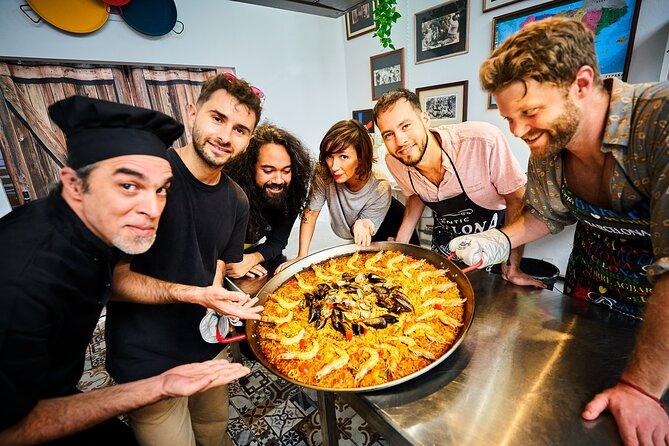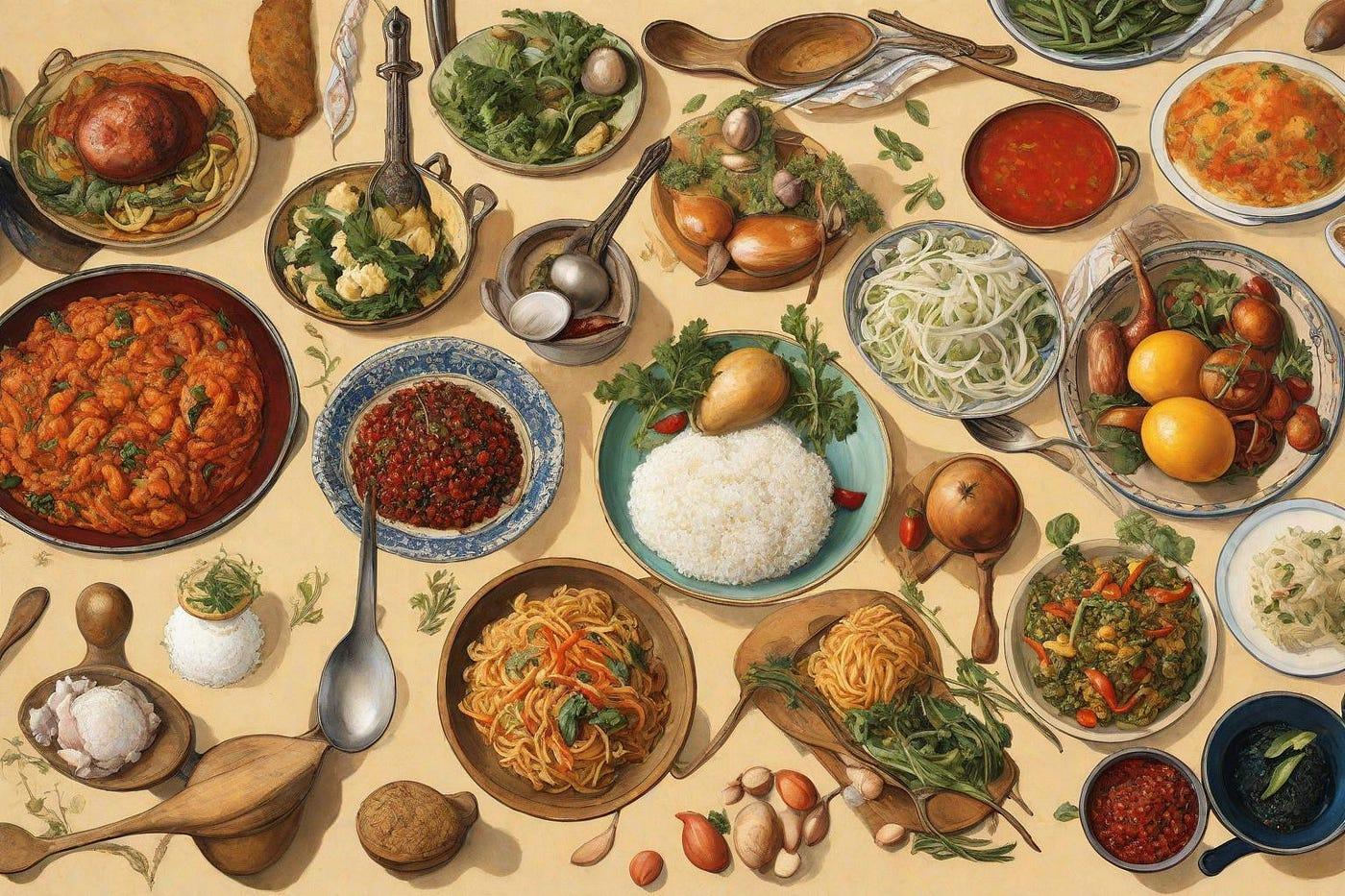The Global Culinary Journey: From Local Delights to Worldwide Recognition
Food is far more than mere sustenance; it is a profound expression of culture, history, and identity. Across continents and communities, culinary traditions tell stories, connect generations, and invite exploration. From the bustling street markets of Marrakech to the serene tea ceremonies of Kyoto, each dish offers a unique window into a society's soul. Understanding this intrinsic link between food and culture is the first step in appreciating its immense global potential.
In an increasingly interconnected world, the allure of authentic, diverse gastronomic experiences has never been stronger. Travelers seek out destinations not just for their sights, but for their tastes, making culinary tourism a powerful force in the global economy. Local eateries, once serving only their immediate neighborhoods, now find themselves on the radar of international food enthusiasts, eager to discover the next hidden gem or celebrated classic. This shift highlights a significant opportunity for growth and cultural exchange.
The transformation of a humble kitchen into a globally recognized landmark is a testament to passion, innovation, and strategic vision. It involves more than just exceptional cooking; it requires a deep understanding of market dynamics, consumer preferences, and effective brand positioning. The journey from a local favorite to an international sensation is complex, demanding careful planning and execution at every stage. It’s about crafting an experience that transcends geographical boundaries.
This fascinating evolution underscores the importance of thoughtful development in the food sector. Businesses and entrepreneurs are increasingly looking to elevate their culinary offerings, aiming for broader appeal without compromising their core authenticity. The challenge lies in scaling operations, maintaining quality, and effectively communicating a unique culinary narrative to a diverse global audience. It is a delicate balance that, when achieved, can yield remarkable success.
At Flatrixnyji, we observe these trends closely, recognizing the immense value in supporting ventures that aim to share their unique culinary heritage with the world. We believe that with the right guidance and resources, any distinctive gastronomic concept has the potential to captivate palates far beyond its origins. This article will explore the pathways and considerations involved in elevating local flavors to a global stage, turning culinary aspirations into celebrated realities.
Applications in Global Gastronomy
- Culinary Tourism Development: Attracting international visitors through unique food experiences. Pros: boosts local economies, promotes cultural understanding, creates employment. Limitations: risk of over-commercialization, maintaining authenticity can be challenging, requires robust infrastructure.
- Restaurant Concept Expansion: Scaling successful dining concepts to new international markets. Pros: broadens brand reach, taps into new customer bases, enhances global reputation. Limitations: significant adaptation costs, intense competition, cultural nuances in dining preferences.
- Specialty Food Product Distribution: Bringing unique local ingredients or prepared foods to a worldwide audience. Pros: opens new channels for producers, diversifies product portfolios, increases accessibility to rare items. Limitations: complex regulatory compliance, logistical hurdles, potential for supply chain disruptions.
Expert Perspectives on Culinary Globalization
The journey from a local kitchen to a global landmark is often debated among culinary experts and business strategists. One school of thought emphasizes the paramount importance of authenticity. Proponents argue that the true essence of a dish or culinary tradition must be preserved at all costs, resisting modifications for broader appeal. They believe that maintaining cultural integrity is what ultimately draws discerning global consumers seeking genuine experiences, not diluted versions. Any significant alteration, they contend, risks eroding the very soul of the cuisine.
Conversely, another perspective highlights the necessity of adaptation and innovation. Experts in this camp suggest that while authenticity is crucial, a rigid adherence to tradition can hinder global acceptance. They advocate for thoughtful adjustments to ingredients, presentation, or even service style to suit diverse palates and market demands, without losing the original spirit. This adaptive approach is seen as a pragmatic way to introduce new flavors to a wider audience, fostering appreciation and eventually creating new culinary trends. The challenge lies in finding the sweet spot between tradition and modernity.
The role of digital platforms and social media in accelerating culinary globalization is undeniable. Food critics, bloggers, and everyday enthusiasts now share their dining experiences instantly, creating viral sensations overnight. This democratizes discovery, allowing even the most remote or previously unknown eateries to gain international recognition. However, this also presents challenges, as businesses must navigate rapid public scrutiny and manage their online presence effectively, ensuring their digital narrative aligns with their real-world offerings.
Furthermore, the logistical complexities of global expansion are a frequent point of discussion. Scaling a culinary operation, whether it's a restaurant chain or a specialty food product, involves intricate supply chain management, quality control across multiple locations, and compliance with varying international regulations. Experts stress that successful global expansion is not merely about culinary prowess but also about robust operational frameworks and a deep understanding of international business practices. Flatrixnyji recognizes these multifaceted requirements for sustainable growth.
Concluding Thoughts on Global Gastronomy
The transformation of a local culinary delight into a global landmark is a dynamic process, blending artistic passion with astute strategic planning. It requires a profound respect for tradition, coupled with a willingness to innovate and adapt. The global appetite for diverse and authentic food experiences continues to grow, presenting exciting opportunities for those ready to embark on this flavorful journey.
Ultimately, success in the global gastronomic arena hinges on a clear vision, unwavering dedication to quality, and a deep understanding of both local roots and international aspirations. For businesses aiming to make their mark on the world's culinary map, navigating these complexities with insight and expertise is paramount. The future of food is truly global, offering endless possibilities for cultural exchange and delicious discovery.



comments
This article beautifully captures the essence of culinary globalization. It's inspiring to see how local flavors can achieve such widespread recognition.
I appreciate the balanced view on authenticity versus adaptation. It's a critical point for anyone looking to expand their food concept internationally.
The points about digital platforms are very relevant today. Social media truly has transformed how we discover new culinary experiences.
Thank you for your insightful comments! We believe that understanding the nuances of cultural preservation and strategic evolution is key to successful global culinary ventures.
Indeed, the digital landscape has become an indispensable tool for culinary businesses. We're glad you found that section particularly relevant!